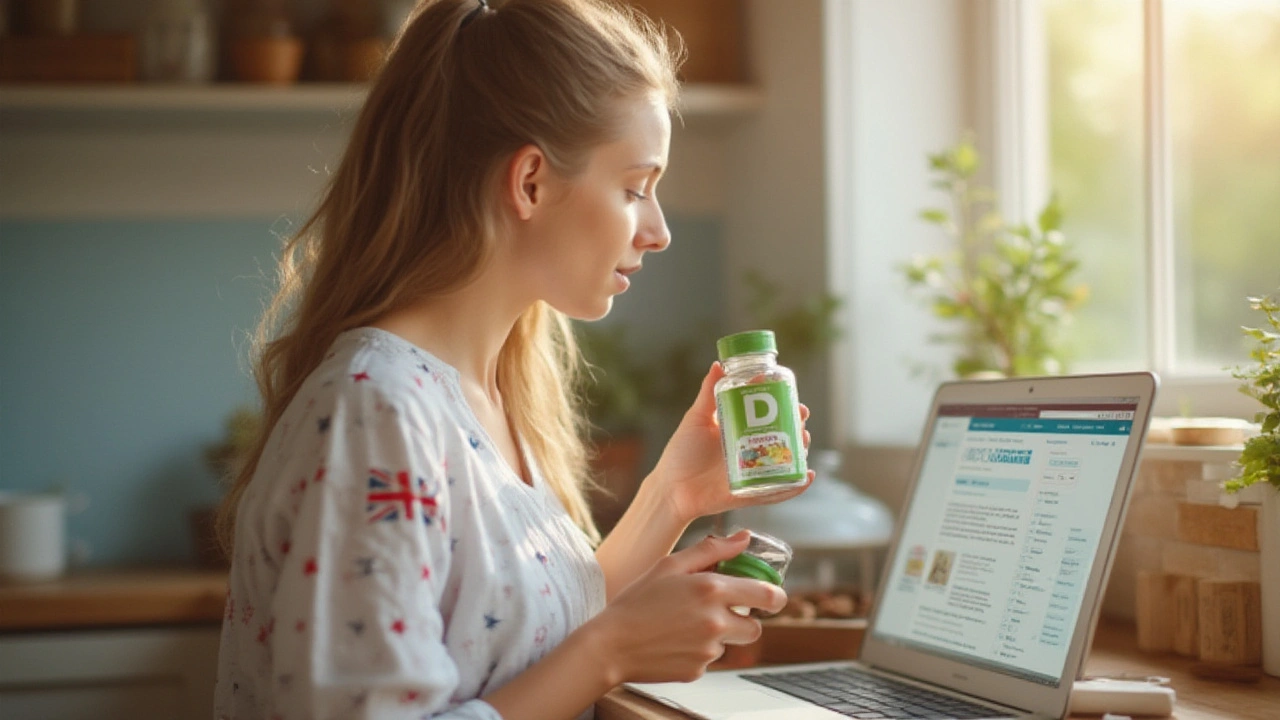
If you told someone in the 1980s that by 2025, people in Wellington—or anywhere—would be buying vital vitamins with a few clicks, they’d think you were living in a sci-fi world. But here we are, in a time where you can get Vitamin D delivered to your door while you’re still in your pajamas. The tricky part? With a boatload of options and a few bad apples, knowing how and where to buy vitamin D online is a whole new skill set. Stroll through Facebook or Google and you’ll see thousands of ads flashing “Pure Vitamin D” or “Doctor-Recommended!” But are they safe? Is the price fair? Will it actually get to your house? Let’s break through the noise, find out what works, and sidestep the sketchy stuff.
Why Vitamin D Matters (And Not Just for Bone Health)
People are googling “buy vitamin D online” more than ever, and it’s not just because lockdowns made us homebodies glued to our indoor lifestyles. Here’s the deal: Vitamin D does way more than keep your bones from turning to mush. There’s good evidence it supports immune function, helps with mood (ever felt brighter after summers in the sun?), and could even lower risk for certain diseases. A 2022 New Zealand health survey found that one in three Kiwis have below-optimal vitamin D during winter. That’s a pretty big crowd looking for a boost.
Why aren’t we getting all our vitamin D from food? Simple reason: vitamin D is found in tiny amounts in things like oily fish, egg yolks, and beef liver. Unless you’re living on a fisherman’s diet and basking in daily sunshine without sunscreen (not recommended here unless you like melanomas!), supplements make sense. That’s where online shopping comes in—quick, private, stocked with choices, and often cheaper than brick-and-mortar. But there’s a catch: anyone can sell a bottle with a fancy label on the internet, so learning what legit vitamin D looks like becomes super important.
The Best Places to Buy Vitamin D Online
So, where do you start? Not all online shops play by the rules. Big-name online pharmacies—think Chemist Warehouse NZ, Pharmacy Direct, or HealthPost—are safe bets. You’ll get registered products, clear ingredient labels, and reliable shipping. These guys have been around for years, and they’re regulated by Medsafe (NZ’s medicine safety watchdog). That means you’ll actually get what you're paying for.
Global giants like iHerb and Amazon deliver to New Zealand, too, but there are catches: always check if the supplement is approved for use in NZ, and beware of long shipping delays and customs fees. Stick to sellers with a mountain of good reviews, responsive customer service, and clear contact info. Skip the weird “miracle cure” shops that pop up in dodgy corners of the internet—those are goldmines for scams.
Shopping tip: many pharmacies offer regular deals, especially on bundles. Sign up for emails or loyalty clubs and you could save 10-20%, which adds up if you’re buying for a family. And if your GP recommends a specific brand or dosage, ask the online pharmacy’s customer support before you buy—good ones will actually answer! Here’s a nugget of advice from Medsafe:
Always buy supplements from reputable sources and check for clear product labeling and expiry dates.”
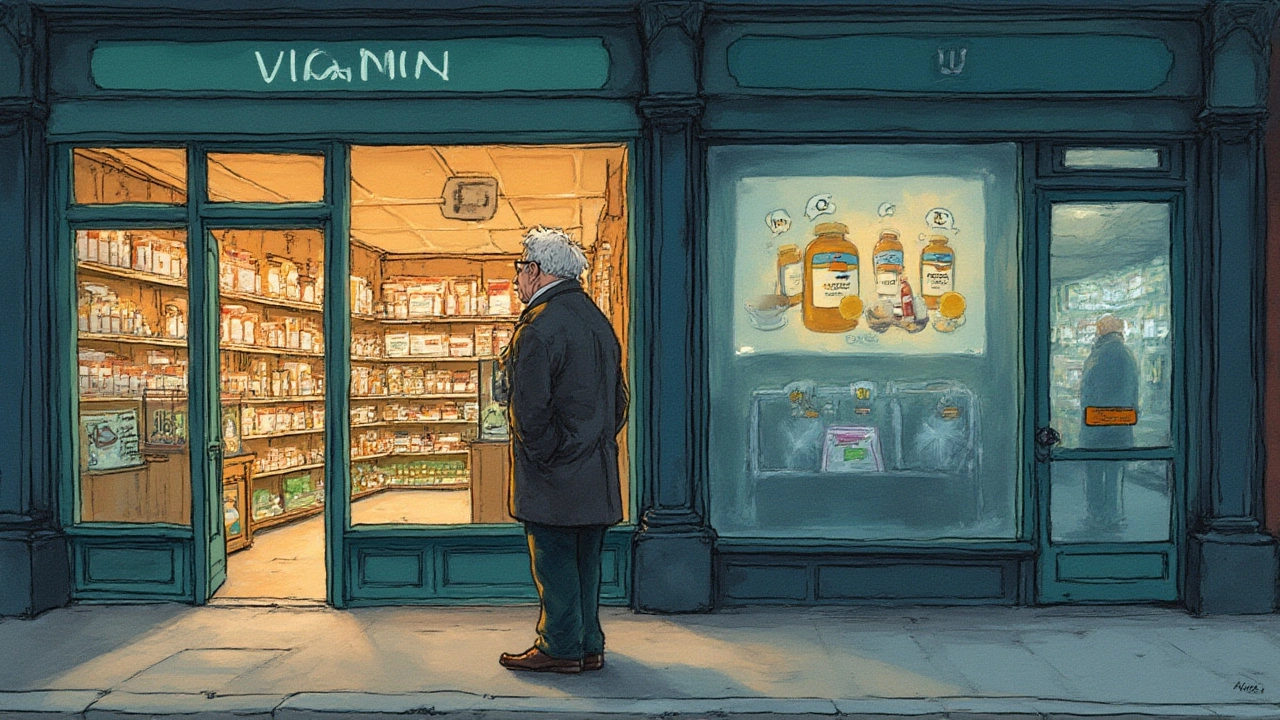
How to Spot Fake or Unsafe Vitamin D Supplements
Maybe you’ve seen the stories: bottles turning up filled with chalk, labels spelling “Vittamin,” lab test results missing, or no ingredient list at all. Dodgy supplements are everywhere, especially on marketplaces that don’t screen products closely. So, how do you spot the real deal?
- Check that the product has an NPN (Natural Product Number) or is registered with Medsafe or a similar authority.
- Inspect labels for a batch number, expiry date, and manufacturer’s name. Vague sites skip these details.
- Avoid supplements claiming miracles: “Reverse all aging!” or “Cure cancer!” No vitamin can do that.
- Search the brand outside the website. If reviews are mostly glowing but nowhere else mentions them, be suspicious.
- Remember: too cheap is a red flag. If the price looks too good to be true, it probably is.
Choosing the Right Vitamin D Supplement for You
Even once you’ve found a safe store, you’ll see dozens of options—capsules, softgels, liquids, even vegan drops. Which should you pick? Start with the type: vitamin D comes in two forms—D2 (ergocalciferol) and D3 (cholecalciferol). D3 is what your body makes when sunlight hits your skin and is the more effective choice for raising blood vitamin D levels. Most people do great with D3 unless they’re vegan (animal source) or have strict dietary rules; if that’s you, look for plant-based D3 made from lichen.
Then there’s the dose. Most healthy adults need 1000 to 2000 IU (international units) daily. If you’re low or deficient, your doctor might recommend a higher temporary dose. Kids, pregnant people, and older adults have different needs: check official guidelines or ask your GP.
Watch out for blends promising “added herbs” or “special absorption.” Usually, plain D3 with a bit of oil (olive or coconut) does the job best. Gimmicks rarely add value and often bump up the price. There are also products combining vitamin D with calcium or K2. Some folks need this, but not everyone—run it past a health professional if you’re not sure.
Here are a few extras to help you choose:
| Form | Best for | Tip |
|---|---|---|
| Capsules/Softgels | Most adults | Easy to swallow; keep in a cool, dry place |
| Liquid drops | Kids, swallowing issues | Mix with food/drink for picky eaters |
| Chewables/Gummies | Youth, those who hate pills | Watch for added sugar |
| Vegan D3 | Vegans, vegetarians | Check it’s labeled D3, not D2 |
Stick with doses right for your age, health, and sunlight exposure. If you’re unsure, there’s zero shame in asking your pharmacist or doctor. As Dr. Jane Smith from the NZ Nutrition Foundation says:
“More isn’t always better with supplements. The right dose is the one your body actually needs.”

Best Practices for Safe and Efficient Vitamin D Purchases Online
Nailing the buying process isn’t just about finding the cheapest price. It’s about speed, reliability, and true product quality. Here’s the streamlined process to get your buy vitamin D online purchase right on the first go:
- Pick your platform: Go for registered NZ pharmacies or well-known global platforms with local import clearance.
- Verify product details: Double-check the dosage (IU), product type (D2 or D3), expiry, and batch info. Don’t rush this step.
- Read return and refund policies. Even big players mess up or ship wrong products—good stores will swap or refund without drama.
- If you’re buying recurring, ask about subscriptions or autoship options. This saves time and can slice a few bucks off each order.
- Store your vitamin D right when it arrives—away from light, heat, and moisture. Most vitamins break down faster than you think!
Before you check out, look for discount codes—Wellington forums, pharmacy newsletters, and cashback apps are stuffed with deals if you’re patient. And if your order ever delays, don’t panic: most online pharmacies will send tracking and respond to “where’s my stuff?” emails pronto. If they don’t, time to rethink that website for next time.
Staying safe online isn’t about paranoia. It’s simply about being one step smarter than the scammers, and one step ahead of outdated health info. Buying vitamin D online is already routine for thousands here in New Zealand—and done right, it’s no more risky than buying any other health product off the shelf. Take a little care, choose your source wisely, and keep your supplements as fresh and reliable as the Wellington winds.

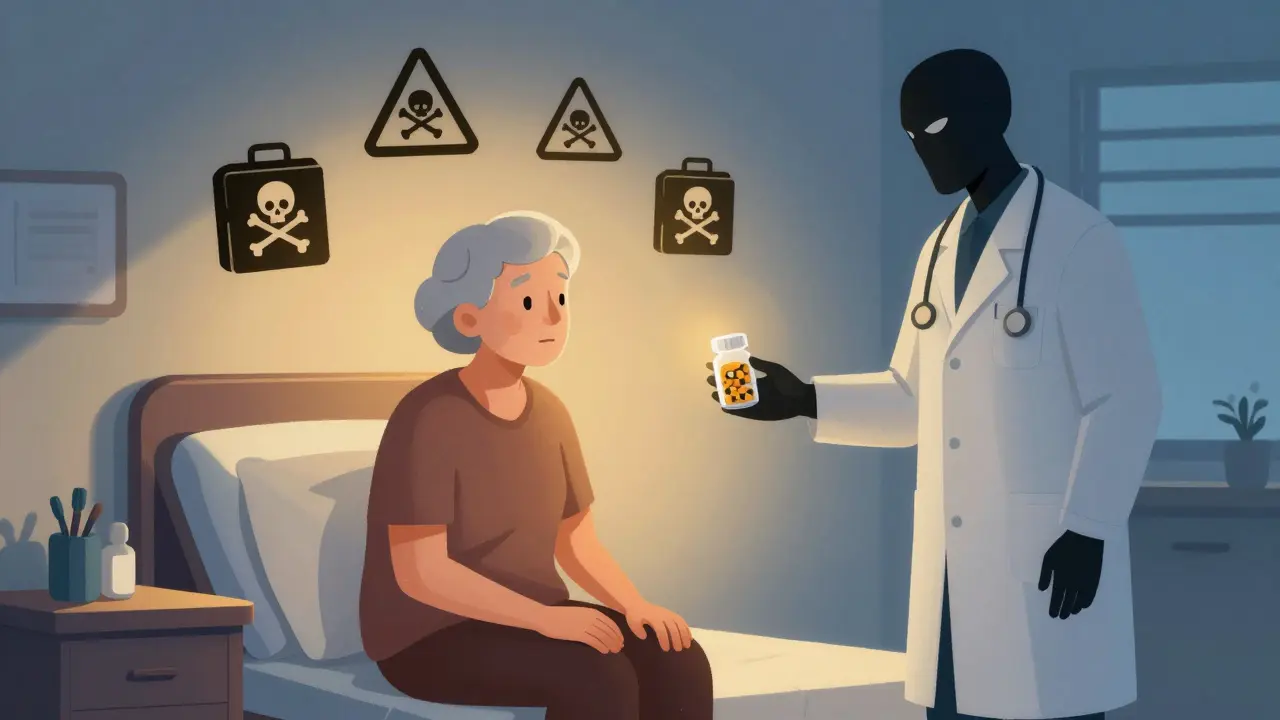
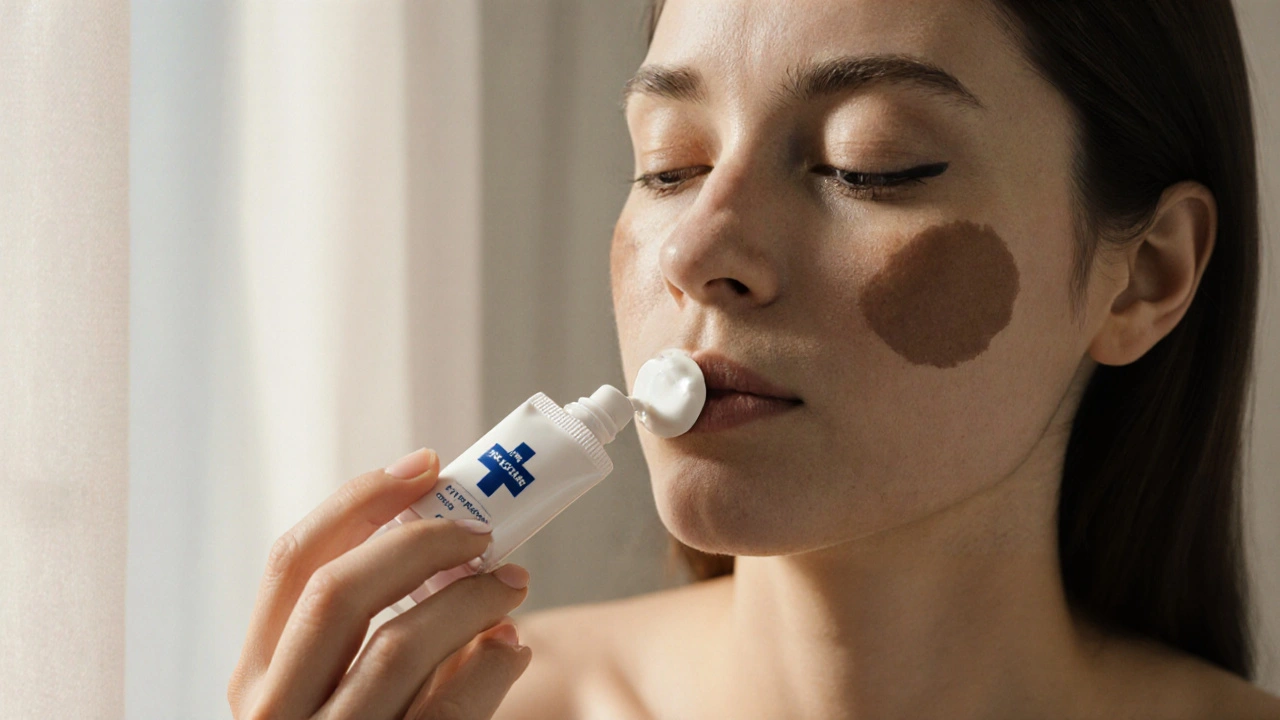
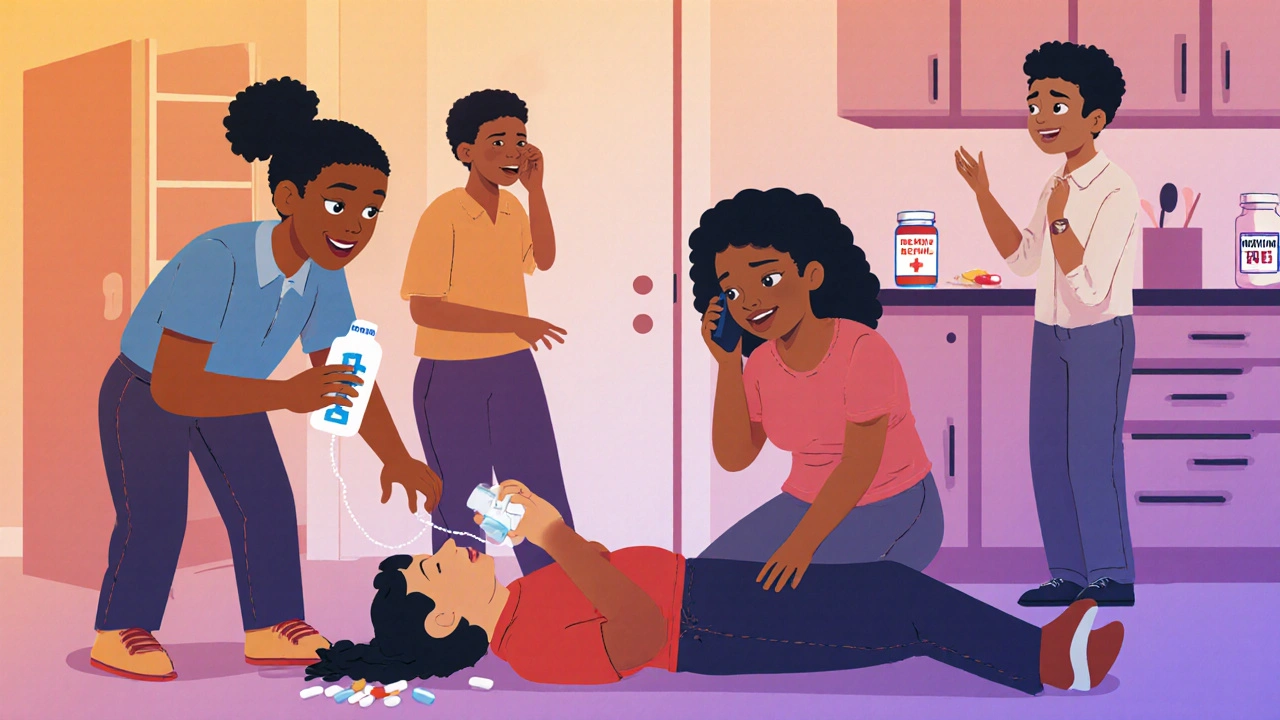
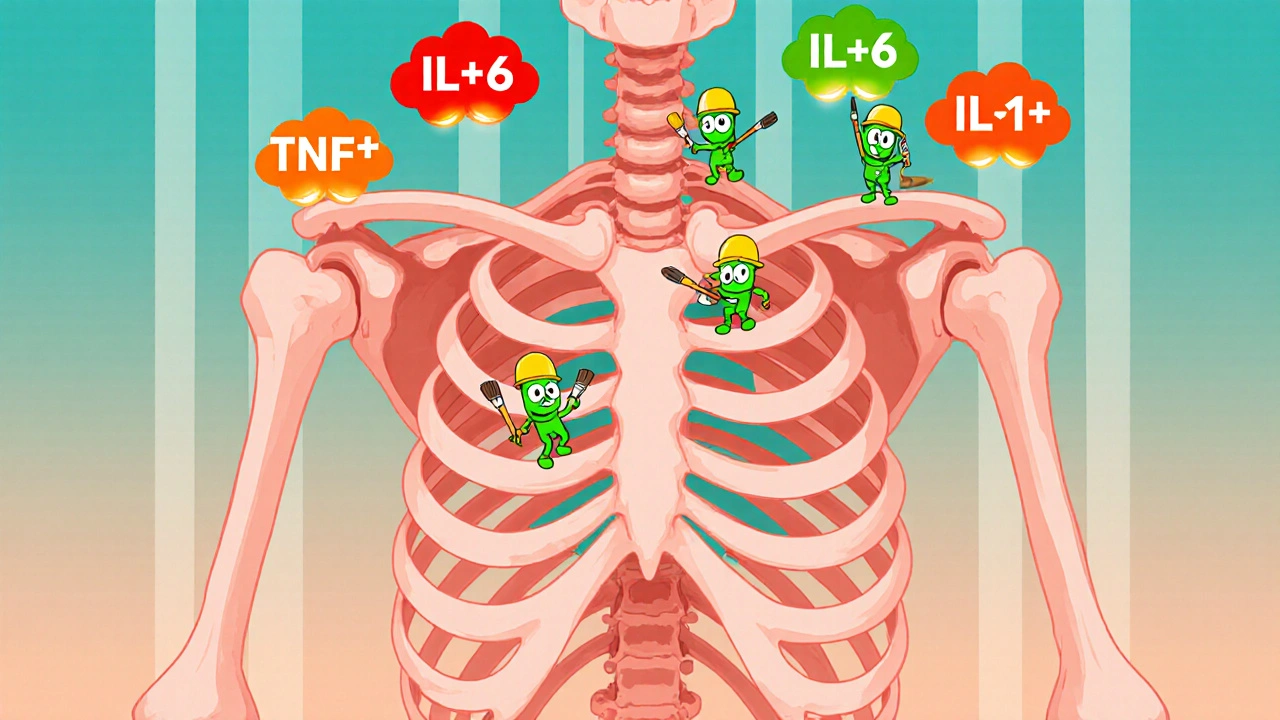
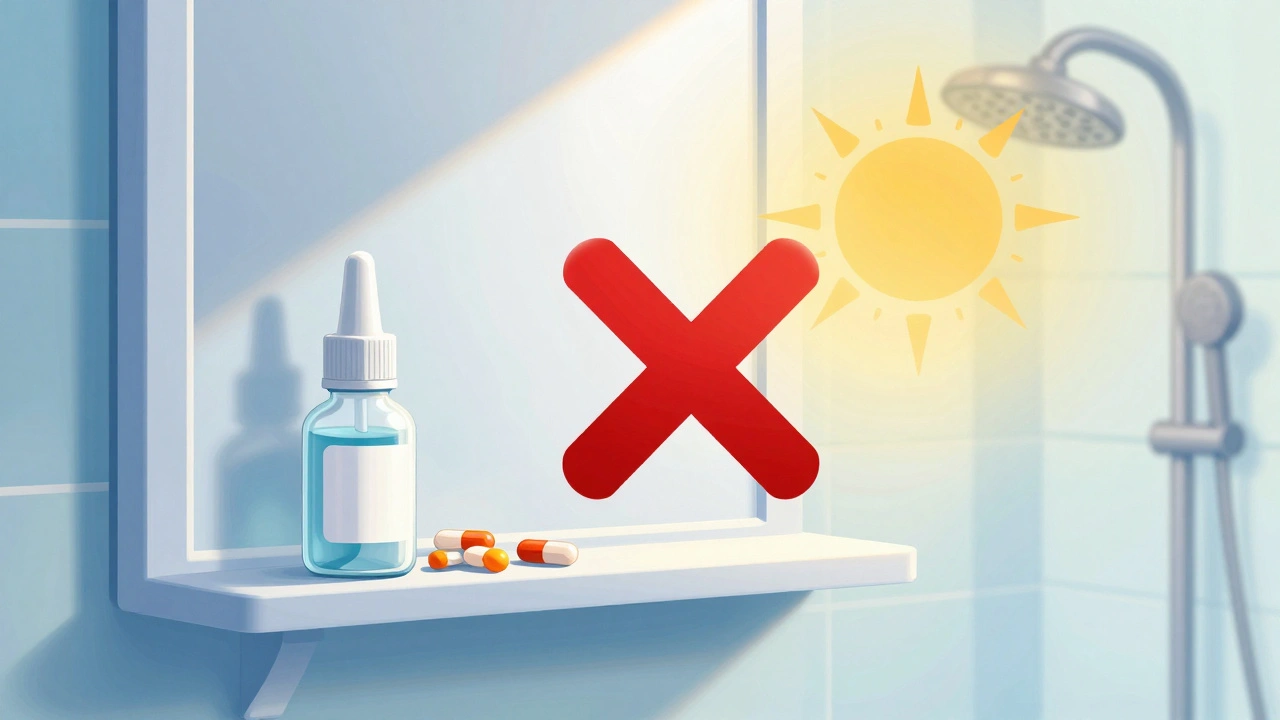
Ifeoluwa James Falola
July 21, 2025 AT 19:56Been buying D3 from HealthPost for two winters now. No issues, fast shipping, and the bottles always have the NPN number clear on the label. I check the expiry date before I take one-simple habit, saves headaches.
Adam Phillips
July 22, 2025 AT 04:10we think we’re so advanced buying vitamins online like its amazon prime but really we’re just outsourcing our laziness to a warehouse in singapore
sunlight used to be the algorithm now its a coupon code
Julie Lamb
July 23, 2025 AT 03:04This was so helpful 😊 I just ordered my D3 from Chemist Warehouse after reading this-so relieved to know I didn’t pick some sketchy brand! Also love the tip about storing them away from light. I was keeping mine by the window 😅
april kakoske
July 23, 2025 AT 09:04the real supplement is the habit of walking outside without sunglasses
we bought pills because we stopped living
but hey at least we know the batch number
progress right
Pradeep Meena
July 23, 2025 AT 21:39Why do you trust foreign websites when India makes the best vitamins in the world with 99 percent purity and 100 percent honesty
you people are so gullible buying from america and nz when we have perfect quality here
your government is lying to you